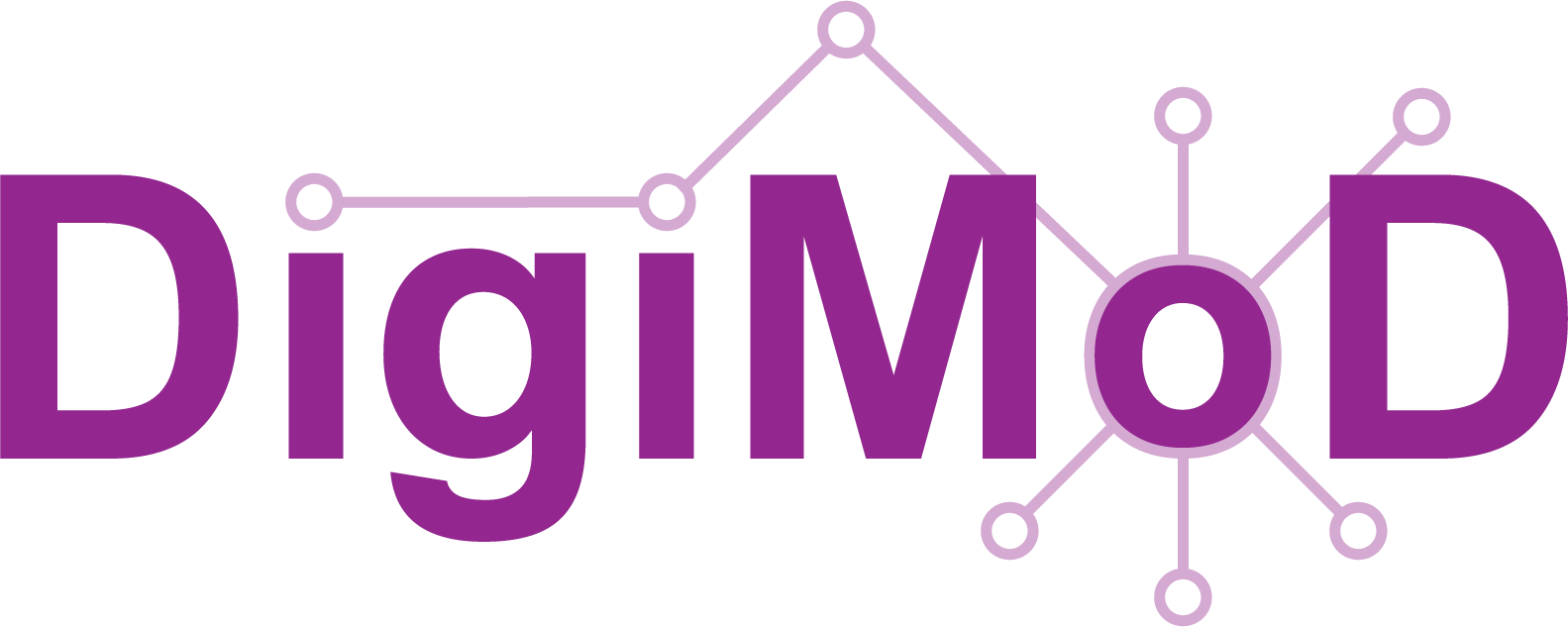In today’s digital landscape, the proliferation of online platforms and the rapid evolution of communication technologies present unique challenges for researchers. A recent study by Dr. Annett Heft, Dr. Kilian Buehling, Xixuan Zhang, Dominik Schindler, and Miriam Milzner (2023) investigates these complexities, focusing on the collection of conspiracy-related communication data across various digital platforms. Published on the 28th of August in the Journal of Information Technology & Politics, their work highlights the intricacies of conducting multidimensional comparative research, offering valuable insights for scholars in the field.
Their study “Challenges of and approaches to data collection across platforms and time: Conspiracy-related digital traces as examples of political contention” evaluates the architectures and features relevant to data collection, access regimes, and user behaviours for a range of digital platforms and communication venues. By distinguishing between actor-based and content-based strategies, the study examines the strengths and weaknesses of these approaches, considering differences in platforms, temporal dynamics, and cultural contexts, as well as multiple layers of equivalence. The discussion provides essential insights into designing effective data collection strategies for multidimensional comparative studies.
The full paper is available as an open access publication[HA2] in the Journal of Information Technology & Politics and can be found here: https://doi.org/10.1080/19331681.2023.2250779

